- www.etaiyari.com
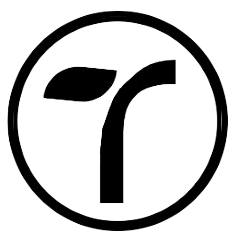
The Staff Selection Commission (SSC) conducts exams to recruit staff for various posts in ministries, departments, and organizations of the Government of India. Proper planning, diligent preparation, and staying updated with notifications are essential for success in these exams.
Educational Qualification: Varies from 10th pass to graduation depending on the specific exam.
Age Limit: Generally ranges from 18 to 32 years, with age relaxation for reserved categories.
Tier System: Exams are conducted in multiple tiers (Tier-I, Tier-II, Tier-III, etc.).
Physical and Medical Tests: Applicable for certain posts like SSC CPO, SSC GD Constable.
Objective Type Questions: Multiple choice questions covering General Intelligence, Reasoning, General Awareness, Quantitative Aptitude, and English Language.
Descriptive Paper: Essay, letter writing, or application writing.
Skill Tests: Stenography test, data entry speed test, etc.
Online Application: Apply through the official SSC website: ssc.nic.in.
Application Fee: Typically, a nominal fee is charged, with exemptions for reserved categories and female candidates.
Admit Card: Released on the official website before the exam.
Results: Declared in stages after each tier of the examination.
Details of weightage for SSC CGL, CHSL, JE, MTS, CPO, Stenographer, and GD Constable exams.
For more details and updates, refer to the official SSC website: ssc.nic.in
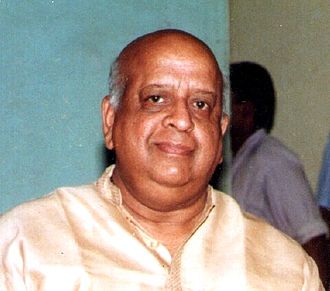
Although T. N. Seshan's entry into public service was through the Indian Administrative Service (IAS), he also cleared competitive exams similar to SSC during his early
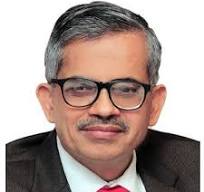
R. K. Tiwari, after clearing the SSC exams, joined the Indian Revenue Service (IRS) and rose to the position of Chairman of the CBDT.
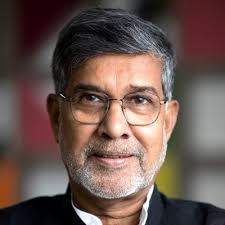
Kailash Satyarthi, who cleared competitive exams similar to SSC, started his career as an electrical engineer but later became a prominent child rights activist.
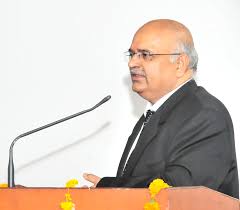
Alok Ranjan cleared competitive exams early in his career, including the SSC, which paved the way for his entry into the IAS. As the Chief Secretary